When we think of marijuana, and it’s phenomenal medicinal benefits, we tend to think of CBD. After all, THC is known for its psychoactive effects and CBD is known for its medical qualities. But, there are hundreds of other cannabinoids that are worth looking into, and one of them is THCA.
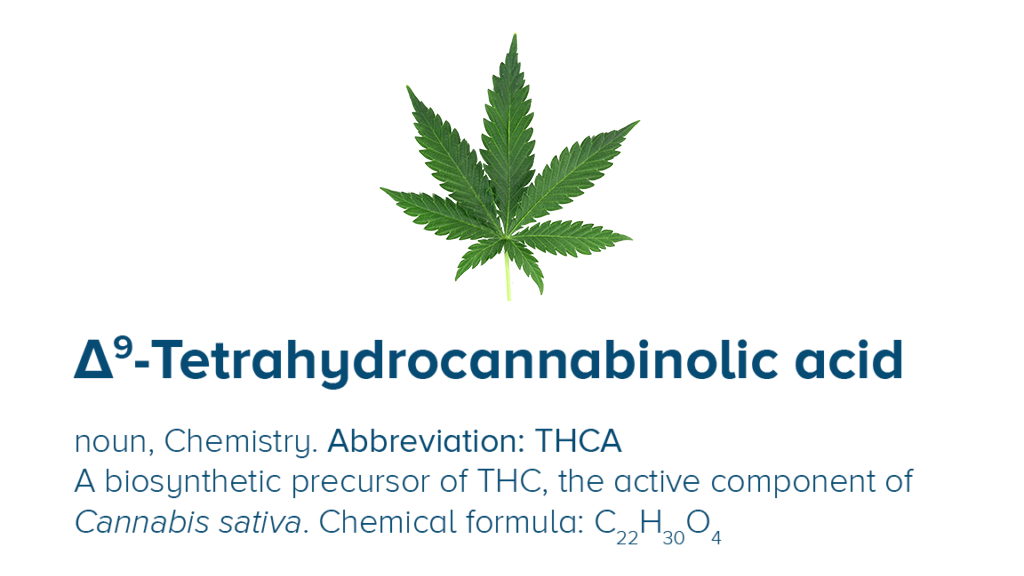
While a lot of people are under the impression that each cannabinoid has a different purpose when it comes to psychoactivity and medicinal relief, the reality is that most of them work together to provide the benefits that marijuana is so well known for. In other words, the medicinal properties of weed are the result of the chemical compounds working hand in hand. This is known as the entourage effect, where all cannabinoids work simultaneously with one another in a therapeutic way.
That said, it is true that there are some radical differences between some of the active marijuana components. One of the most common is, of course, whether or not they will make the user high. In this article, we will discuss the difference between THC and THCA, the most effective way to use each of them, and whether or not one is therapeutically “better” than another.
What is THCA?
As possibly the most popular cannabinoid found in marijuana, we have probably all heard of THC and its effects on the mind and body. If you’re not familiar with it, THC is the compound that is responsible for the psychoactive high that is associated with marijuana. In other words, THC is the cannabinoid that gets users stoned when they smoke pot.
On the contrary, THCA is a non-psychoactive precursor to THC. This means that THCA will not get you high. THCA stands for tetrahydrocannabinolic acid, and the largest concentrations of it can be found in raw and live cannabis. As a plant dries, THCA slowly converts into THC. The heating of cannabis will speed this process up. If you have ever wondered why cannabis needs to be decarboxylated in an oven before it’s used in edibles, this is the reason. This process ensures that all THCA is converted into THC so that you will experience the full psychoactive effects of weed.
Most people do not know that THC isn’t actually present in fresh and live cannabis plants. Well, not in large enough quantities to produce any real effects. THC simply exists as the “precursor” known as THCA, in live plants and raw flower buds.
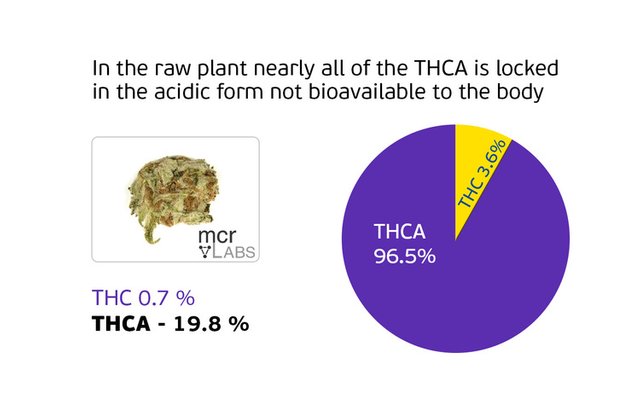
Essentially THCA is raw cannabis. When marijuana is fresh and hasn’t been exposed to heat, the plant has resin glands that are rich in compounds known as cannabinoid acids, and THCA is among the most prominent of these. Fresh cannabis has very little or no THC because the decarboxylation process hasn’t fully taken place. The buds or leaves need to be exposed to heat if you want to get high. The heat is what expedites the decarboxylation process and breaks down the THCA into THC.
THC and THCA are nearly identical in chemical structure, but they have some molecular differences that account for vast changes in the way they affect the brain. The most popular, of course, is that THCA doesn’t have any psychoactive effects.
Furthermore, although research into THCA is still in its early stages, it appears as though it has some potent therapeutic health benefits. Early studies and anecdotal feedback are showing that THCA plays a part in the various medicinal properties of cannabis. Many patients have offered insight into consuming THCA, suggesting that it has anti-inflammatory, pain-relieving, and neuroprotective properties.
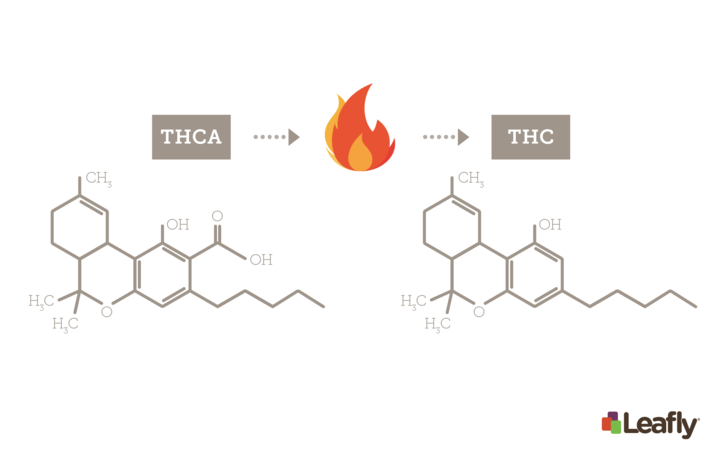
The important thing to consider is that when THCA is heated to extreme temperatures, in other words, when you smoke or vaporize it, it turns into THC, and it does produce a high. This is because, as we mentioned earlier, heat is what converts THCA into THC. For this reason, you may think of THC and THCA as the exact same molecule but with different properties, depending on whether you ingest or inhale the “heated” version or “unheated” version.
In summary, when THCA undergoes the chemical breakdown into THC, the process is known as decarboxylation. Once the flower buds from a live, fresh cannabis plant are cut off, the decarboxylation process takes place naturally over time, as the flower dries out becomes cured. Vaporizing or smoking the buds, using a lighter, is just a way to speed up the process.
THC vs. THCA: Can You Smoke THCA?
Since THCA is the precursor to THC, whereby THCA breaks down into THC when you heat it up and smoke it, it is only logical to say that you cannot smoke THCA. Although it is one of the most prominent cannabinoids found in uncarboxylated cannabis flowers, it’s technically no longer THCA once it’s been heated up.
The reality is that most marijuana users will only ever experience the effects of THC since THCA is only found in fresh and raw cannabis plants. If you’ve ever vaped, smoked, or cooked marijuana, then you would have experienced the effects of THC.
This has resulted in some heated discussion in marijuana dispensaries all around the country, because many shops that use cannabinoid profiles, label the amount of THCA in a strain, rather than the amount of THC. The THCA is only turned into the THC once you light it up and therefore it is technically more “scientifically accurate” to identify the presence of THCA. At the end of the day, if you end up smoking or vaping the buds, you will be inhaling pure THC, even if the label identifies high amounts of THCA.
Does THCA Get You High?
As we have already mentioned, THCA is non-psychoactive, and it will not get users high. It does, however, contain several therapeutic health benefits, which leads us to the question of how to use THCA and take advantage of its medicinal properties, without actually smoking it and turning it into THC?
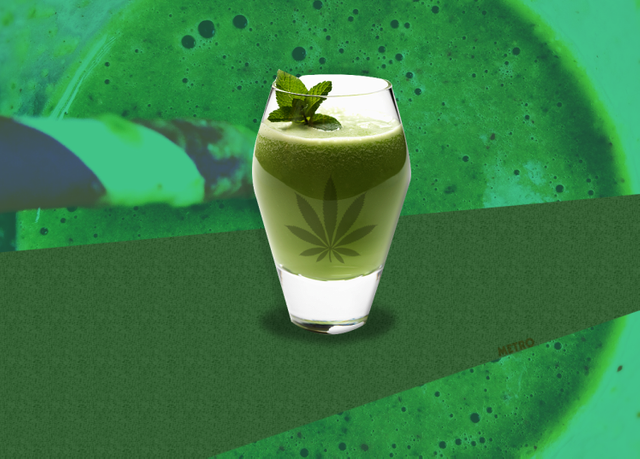
Since there is growing popularity in juicing and smoothie making in the world of health and wellness, it is no surprise that many people have been trimming raw cannabis buds and juicing the THCA as a smoothie. It may sound complicated, but it’s actually exceptionally easy. Simply add all the normal ingredients that you would to make a smoothie into your blender but this time add a decent sized nug or two. There you have it, a non-psychoactive and super-therapeutic cannabis drink.
Another popular way to ingest THCA is by means of cannabis-infused tea, which means releasing the THCA as a low enough temperature, to ensure that it doesn’t turn into THC. You could also use it as a garnish for dinner entrees, or infuse it in salad dressing.
By now you might be wondering how THCA actually works. We know that it doesn’t get you high but what exactly does it do. Research has suggested that THCA binds with the TRPM8 receptor, which is also known as the cold and menthol receptor. Basically, this is the receptor that makes mint feel cold. At higher concentrations, it’s likely that THCA activates a heat-sensing receptor (TRPV4), along with a pain-response receptor (TRPA1). It is therefore thought that by interacting with these receptors, the THCA produces therapeutic benefits.
When it comes to the comparison of raw cannabis versus smoking it, it is thought that raw cannabis is a lot more potent and therefore more effective. According to Dr. William Courtney, the consumption of raw cannabis means that you ingest over 1,000 times more beneficial cannabinoid acids than you would if you were to smoke or vaporize dried buds.
Although there is still much research to be done on THCA and its medicinal properties, preclinical studies have uncovered a wide variety of potential uses for this compound. To be more specific, THCA has shown to have a wide variety of beneficial effects on the endocannabinoid system (ECS). The ECS has been described as the largest neurotransmitter network in the body. Evidence has shown THCA to work as a sleep promoter, powerful pain-reliever, anxiety-reducer, and anti-inflammatory. Essentially THCA has all of the same medicinal benefits of regular cannabis but without producing any kind of high.
Medical and Scientific Studies on THCA
While, as we have already mentioned, research into THCA is still in its infancy, the studies that have been done have delivered exceptionally intriguing and promising results. Just about all cannabinoids have anti-inflammatory properties, and it’s no different for THCA. The interesting thing is that while most anti-inflammatory medications have severe side effects, cannabinoids are much safer. For example, the LD50 of THCA is close to 2,000 times higher than nicotine, well for rats at least. Some professionals have also suggested that the pain-killing effects of THCA may be greater than THC and CBD.
Other preclinical studies have shown that THCA may be even better than THC when it comes to treating the nausea effects of chemotherapy. It seems that some of these effects were through CB1 activation, but THCA also helped through another unknown mechanism as well.
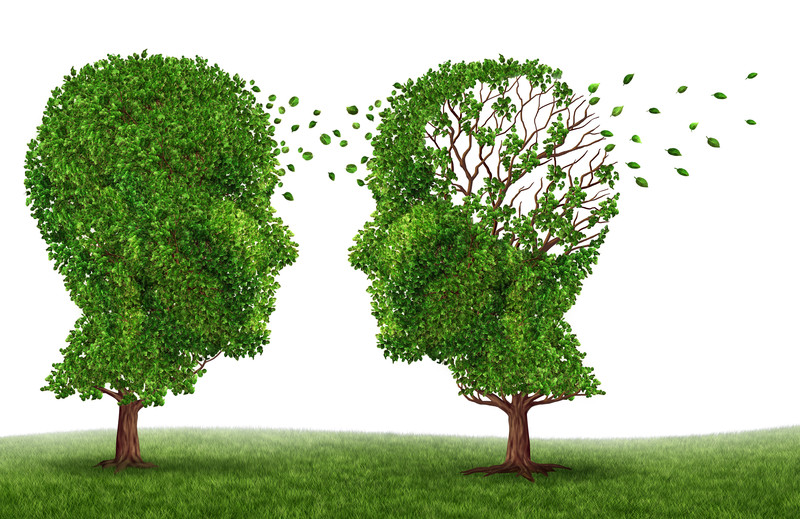
It is also well known that many cannabinoids have neuroprotective properties, and THCA is no exception. Another study found that THCA protects dopaminergic neurons against cell death. The loss of these neurons which produce dopamine is what causes Parkinson’s disease.
Among with those mentioned above, THCA has also shown to work as an:
- Immune-booster
- Anti-tumoral (studies have shown THCA to reduce the proliferation of cancer cells in animal models)
- Antispasmodic (reduces muscle spasms and uncontrollable muscle contractions)
- Anti-emetic (relief from a bad stomach ache or a bout of vomiting)
Final Thoughts on THC vs. THCA
Essentially, the difference between THC and THCA is based on what they do and their effects. On a molecule level, they are almost identical. The most prominent difference is that THC is psychoactive with THCA is not.
Ultimately THCA is raw cannabis that will be converted into THC if it is heated. In other words, if you smoke it or vape it, it will be broken down into THC which will result in mind-altering, psychoactive properties. If you use THCA without heating it, by means of drinking it in a tea or as a smoothie, you can get its medicinal effects without getting high.
Thank you for reading! Follow us and leave a comment with what topic you want covered in the next post!
Read more:
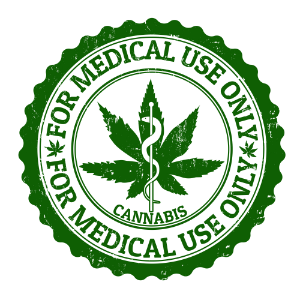
Lots of great info here, thanks for posting. My friend in the states showed me some lab-test shatter that was labelled mostly THCA whereas most other places will write THC. THCA is more accurate though because you decarb it on the rig. I wish the acidic cannabinoids were more recognized medicianlly, so it would legitimize patients growing many plants for juicing. I would love to try juicing and see if I get better pain/symptom relief than with just dabs or decarbed oil.
Downvoting a post can decrease pending rewards and make it less visible. Common reasons:
Submit
Juicing takes a lot of plant material. The best results for pain in my opinion are through edibles.
Downvoting a post can decrease pending rewards and make it less visible. Common reasons:
Submit
I think there is a happy medium. Taking clones and growing most to veg only really shortens the lifecycle 1.5 months?) and produces a lot material for juicing.
Personally though, I think being a heavy defoliator during veg and initial flowering would be a happy compromise between juicing material and happy buds.
Alternatively you could choose to use regular non feminized seeds, they are cheaper and that way at end veg, you’d have half your plants to juice once you find out they are males.
Posted using Partiko iOS, join the beta testing program here
Downvoting a post can decrease pending rewards and make it less visible. Common reasons:
Submit
Hello
Downvoting a post can decrease pending rewards and make it less visible. Common reasons:
Submit
Another factor to recognize with juicing, is that since it is not psychoactive, you can consume not only more thca but other cannabinoids that are present in lower quantities in the plant.
Downvoting a post can decrease pending rewards and make it less visible. Common reasons:
Submit
I still havent tried thc a yet, I'm going to
Downvoting a post can decrease pending rewards and make it less visible. Common reasons:
Submit
Just eat some raw bud no? ;)
Downvoting a post can decrease pending rewards and make it less visible. Common reasons:
Submit
Great informative post! I started juicing & garnishing with raw plants several years ago for the health benefits.
Such an amazing plant!
ReSteeming!
Downvoting a post can decrease pending rewards and make it less visible. Common reasons:
Submit
This is a very important information. Good work.Congratulations!.
Downvoting a post can decrease pending rewards and make it less visible. Common reasons:
Submit
Thank's @medicalmarijuana
Downvoting a post can decrease pending rewards and make it less visible. Common reasons:
Submit
Hola @medicalmarijuana,me gustan muchos tus post porque me mantienen informada sobre este tema tan polémico en el mundo de la medicina y la sociedad,en la actualidad busco este tipo de información porque mi mama sufre de artritis y le duelen mucho los huesos...en mi país todavía no se cataloga como medicina ,pero seria interesante probarla,saludos
Downvoting a post can decrease pending rewards and make it less visible. Common reasons:
Submit
I would like to chat with you regarding a CBD opportunity. My email is [email protected]. Great content.
Downvoting a post can decrease pending rewards and make it less visible. Common reasons:
Submit
I've heard about juicing cannabis, but I didn't know it had a mint quality to it. http://gaff.myctfocbd.com/CBD
Downvoting a post can decrease pending rewards and make it less visible. Common reasons:
Submit
This post is very good, i like this and my work is very close with the determination of THC en biological samples. Good information.
Downvoting a post can decrease pending rewards and make it less visible. Common reasons:
Submit
If you want to juice raw plant leaves, get friendly with a home grower. Many growers defoliate regularly to increase bud yield and would love to give the leaves away instead of having them grow to waste. (See what I did there? Lol)
Posted using Partiko iOS, join the beta testing program here
Downvoting a post can decrease pending rewards and make it less visible. Common reasons:
Submit